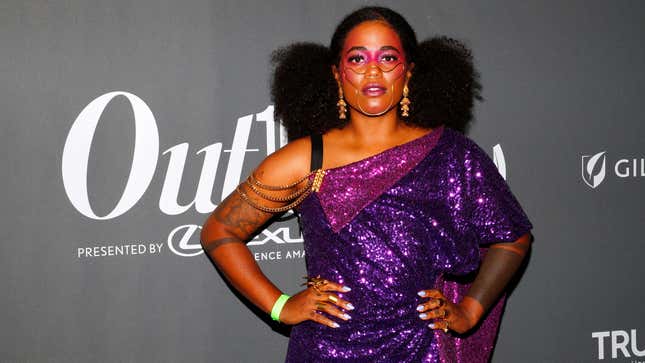Why Did the UK Women's Prize for Fiction Ask One of Its Best Writers for Proof of Their Sex?
Latest

Last year, writer Akwaeke Emezi became the first non-binary author nominated for the U.K.’s esteemed Women’s Prize for fiction, for their novel Freshwater. But on Monday Emezi said they will no longer allow their work to be considered for the award after the organization reached out to Emezi’s publisher and asked for their “sex as defined by law,” The Guardian reports.
-

-

-

-

-

-

-

-

-

-

-

-

-

-

-

-

-

-

-

-

-

-

-

-

-

-

-

-

-

-

-

-

-

-

-

-

-

-

-

-








































